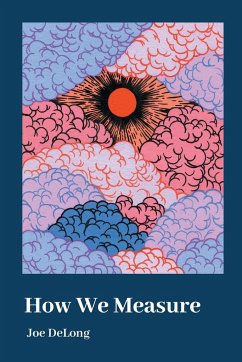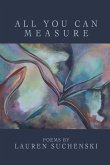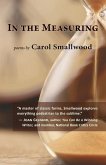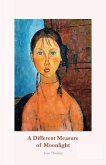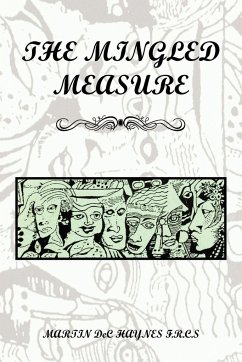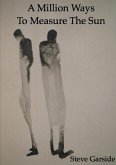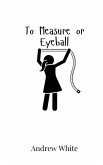Joe DeLong may begin his soulfully witty, ironically reflective début collection of poems with a pithy ode to "Zero" and may refer to himself as "Mr. Empty," but in fact he's a Zen existentialist who ranges from intimate close encounters with Planet Earth, such as "Laughter in this café," to a sequence, one per section, recounting his ongoing "million mile journey." His manner is bemused, but the emotions run deep, like an undercurrent or counter-melody. In some poems he refers comically to "Cognitive Snooze" and the "Associate Dean of Calamity," while in others he lowers his guard and talks about "practicing an instrument / when you know no one can hear" and about finding himself on a bench, "Awash in loosely emphatic emotions." As he ponders the changing weather, the progressions of autumn, and the universe, he's also facing inward. He's an amiable tour guide whose self-deprecating manner invites us to share his keen insights about our all-too-human condition: I like to watch myself passing by / in mirrors. My eyebrows rise, as if to say, / surely you're joking. -John Philip Drury, author of Sea Level Rising Some poems you love for their certainty, like the kind of trust that lets you sleep in the back seat as you hurtle through darkness. Joe DeLong's poems are foggier affairs; you read them with your hands braced against the dashboard. "I am the shadow of a stone. / I am the accumulation of eons. / I am an identifiable structure," he tells us in "Ensconced," and because of the keenness and the erudition of the voice in the rest of How We Measure, I believe him. In my favorite poem, "Million Miles I," the poet ponders the best way of traveling the million miles he finds himself from his destination, and he fixes on a mix of flying, driving, and walking, far from where he wants to be. "When I shared a table with others, talking // and laughing for hours into the evening, / it sometimes felt like I could have stayed," the poem concludes. I get that. I could linger all night in the gorgeous labyrinth of this collection. -Karen Craigo Poet Laureate of Missouri; author of Passing Through Humansville (Sundress, 2018) and No More Milk (Sundress, 2016) Joe DeLong's quietly intense, charmingly askew poems take the measure of emotional space in precise and uncanny terms. Melancholic, anxious and witty, DeLong's manner, which can seem "impersonal as gears," has the deft and elegantly mysterious movement of "light through antique glass." How We Measure is a book of "ardent maneuvers" and hard-won consolations, surprises and inevitabilities. -Mark Levine, author of Travels of Marco, The Wilds, Enola Gay, and Debt
Hinweis: Dieser Artikel kann nur an eine deutsche Lieferadresse ausgeliefert werden.
Hinweis: Dieser Artikel kann nur an eine deutsche Lieferadresse ausgeliefert werden.

